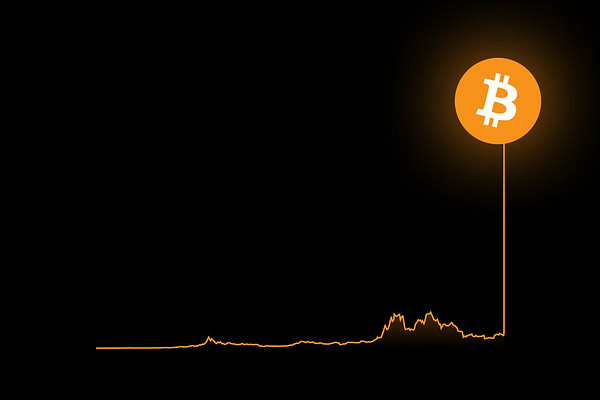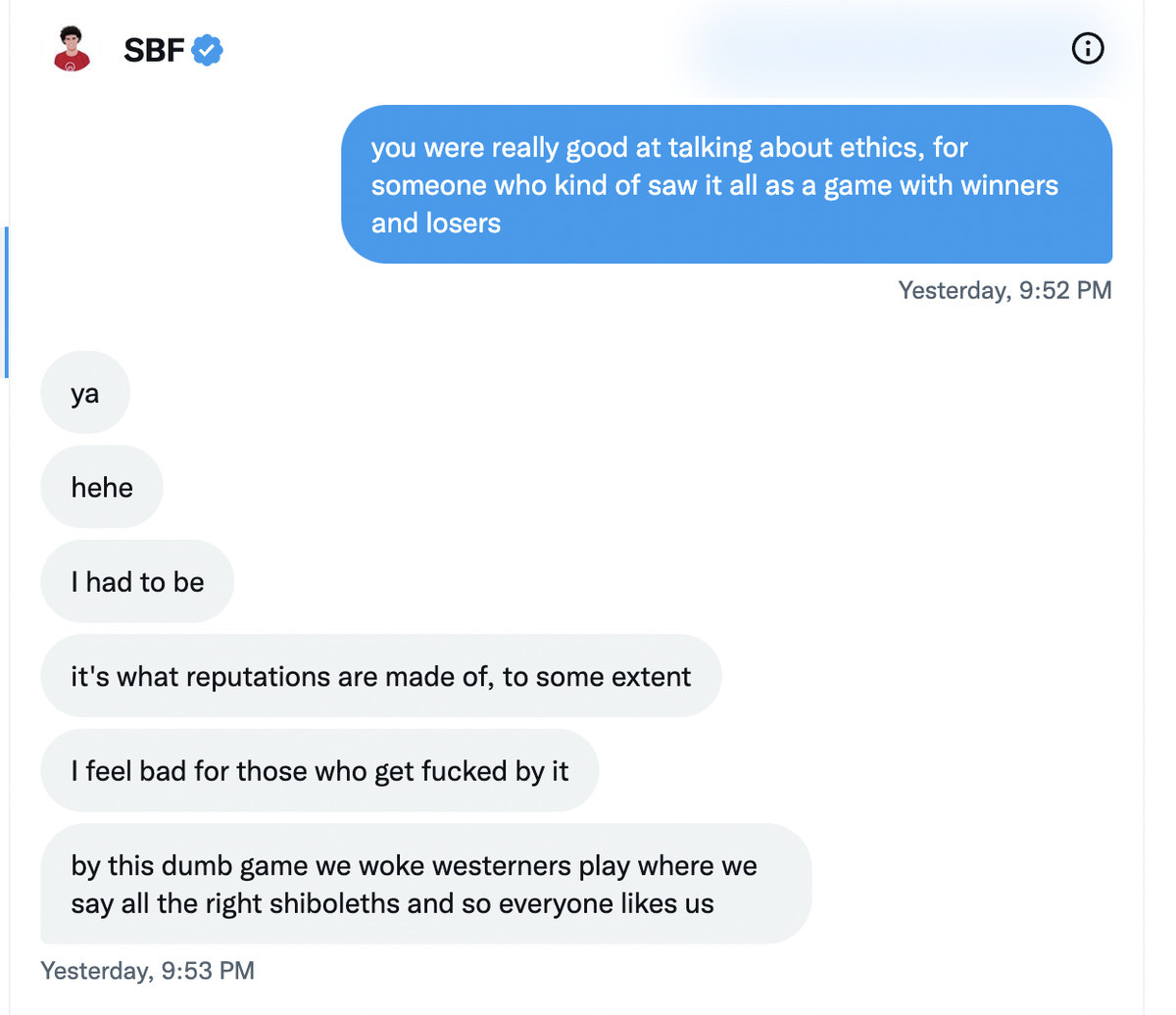Attention Is The Most Valuable Currency
Attention is in short supply, it's a valuable political commodity, business resource and more. It matters more than ever in our modern technology-driven economy. Here is why.
In today's technology-driven world, our ability to focus our attention has become a scarce and valuable resource. We are constantly bombarded with distractions, from social media notifications to email alerts, which compete for our attention. As a result, attention has been dubbed the "currency of the digital age," with individuals willing to invest time, effort, and money to obtain it.
This article delves into the concept of attention as a currency and emphasizes the importance of being mindful of how we allocate and utilize this limited resource.
Would you spend $1M dollars for 10M views on a tweet?
Well, yesterday someone did. The exact number of views is much higher because of indirect tweets, it’s closer to 25M, with the number increasing day by day for that specific tweet (and Balaji did 3 different bets, totalling $3M in spend).



For comparison, in 2023, 113M people watched the Superbowl with the average price for a 30-second AD being $7M. So the numbers aren’t actually that crazy.
The responses to Balaji’s tweet yesterday sparked an idea for an article in my mind: Differentiating financial currency, and the currency of attention.
Regardless if he wins or loses the bet, Balaji financially loses.
99.99% chance he loses → he loses a million dollars
0.01% chance he wins (or lower) → he receives one million worthless US dollars because of hyperinflation
So:
Balaji is making a $1M bet with odds that are heavily stacked against him. However, despite the almost certain likelihood that he will lose, he is still playing the game. Why?
Because he understands that the real currency at play here is not money, but attention.
In today's world, attention is in short supply, it’s a valuable political commodity, business resource and more.
With so many competing voices and distractions vying for our attention, those who capture and hold our focus have a distinct advantage. They sway opinions, change minds, and even shape cultural norms. This is why influencers and celebrities are so powerful – they have the ability to capture the attention of millions of people and use that attention to promote agendas. For example if balaji has $300m worth of bitcoin and can leverage attention to move the price by 2%, this is now a financially positive bet. The mediums used to gain attention may continue to change, in the last decade short-form content has been favoured everywhere, but regardless influencers can move to any platform and most of the time have die-hard supporters; a lot of attention.
But attention is not just valuable for individuals – it's also valuable to companies and organizations. Advertisers, for example, are willing to pay top dollar for access to that attention. They know that if they can get us to pay attention to their message, they have a much better chance of making a sale. And they usually have money, but not attention. So rich people/brands pay money for attention, and the rest of us earn attention to sell for money.
There is something to mention here about cancel culture and wokism. Saying certain things in our current generation is like shooting yourself in your foot because you lose attention. This is why so many brands and influencers are “woke” — argue with me!
So how does an average person earn attention in this generation? There are a few different strategies that people can use to increase their visibility. One is to create compelling content that people want to engage with. Another strategy is to engage with others on social media and other online platforms, building a following and leveraging that to amplify your message. Deeply understanding the algorithm of platforms to maximise the reach of your content is as important.
Of course, there are risks to investing in attention as well. Just as with financial investments, there is always the possibility that you will lose your investment – in this case, your time and energy.
Becoming undirectional with your attention is a common fault I see. If you build your brands on memes and try to subtly change over, you will lose most of your audience that followed you for a specific reason.
Saying The Right Things For Attention
Sam-Bankman Fried spoke about this whilst the FTX saga was happening:
“By this dumb game we woke westerners play where we say all the right shibolets and so everyone likes us.”
Those shibboleths he speaks about were his acquiring of attention points, spending money to do that and putting on an act for attention. I mean he was already stealing billions of dollars from FTX customers (hey Sam, give my money back) so why was he putting on this act? Bingo. Attention was a more valuable currency to him. Attention from a specific crowd.
It’s not crazy to say that is the norm for a lot of people, especially at the HNW/UHNW (high net worth/ultra high net worth) level - do your best to get attention points, as it is the most valuable currency.
This is also why the modern route of content creation and acquiring attention goes much deeper than just making YouTube, TikTok and Twitter content — everyone wants attention. And usually, the people that make it their life effort to do it don’t have enough money, so they are “controlled” by those who have so much financial capital. Conversion of $ to attention through celebrities to push whatever they want (a product, collaboration, political agenda, etc)
People continuously chasing clout and misusing the attention they get is the same as someone gambling their money away.
Future Of Attention
The attention economy changes as time passes and we as humans continue to improve the latest tech, most recently being AI. As technology companies gradually get better at understanding our individual preferences, behaviours and needs—we will see the rise of personalized attention.
The switch from watching the latest popular film or playing the next Riot game will be faster than we can imagine. Next it’s completely personalized entertainment for an individual. Create them yourself, curate to your specific desires, etc.
Content will be served up like never before. Including experiencing these in different mediums like virtual reality (VR), augmented reality (AR), and mixed reality (MR). The attention economy will be changed forever, and once again people will need to adapt to fight for this currency.
It’s an exciting topic to ponder about.
In conclusion, attention is a powerful currency in today's world. Those who can capture and hold our focus have a distinct advantage, whether they are individuals, companies, or organizations. However, like any currency, attention comes with risks and trade-offs. The key is to understand these risks and to use attention wisely, in service of one's goals and values. Money is more valuable than attention for most, whilst attention is more valuable than money for the rest. And the attention economy has major changes just like the financial economy does over time with new technology.
There is a lesson in here for anyone reading this. It could be you are a startup, and marketing is just one part of your business to sell your product/service, but why not start to acquire attention early? You could be an individual lurking social media, what’s the harm in trying to create a name for yourself, at best you are rich in attention which gets you anything you want and at worst you learn a valuable skill. You could be an NFT project whose brand relies on attention, how can you fight for it?
An interesting topic to talk about. It seems so obvious, yet the majority of people won’t be able to comprehend it because we value money so much more than attention.

Bonus: While writing this article, Justin Sun tweeted that he was willing to buy Credit Suisse for $1.5B — the previous bid being $1B by UBS. If you are in the Crypto industry, you obviously know Justin. He is the perfect example of a rich person fighting for attention and using money to get it. As unlikely as he is to buy the bank (I would imagine you don’t bid through Twitter as your first move), people will still talk about it because he is rich enough to actually be in the equation. Fwiw, this will never go through for multiple reasons.




